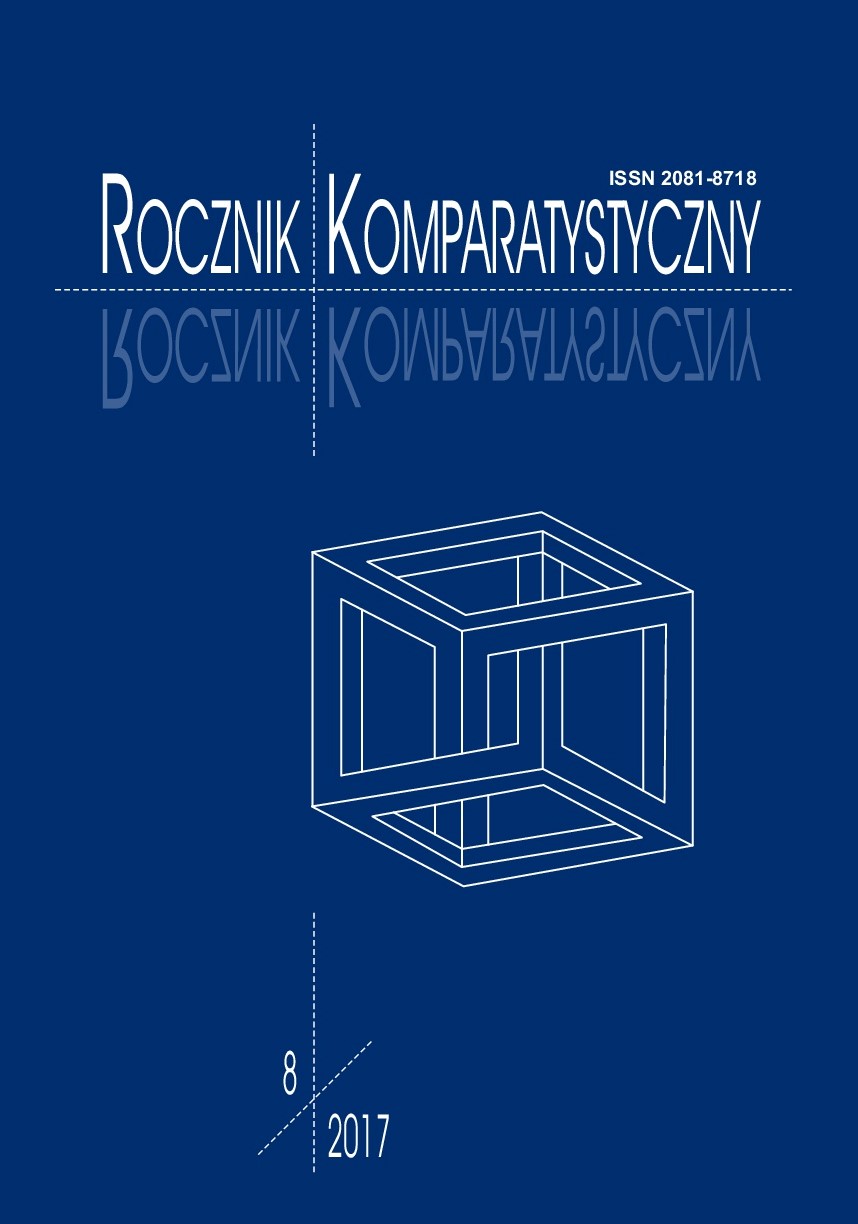Polska recepcja Księcia Machiavellego – rozpoznania wstępne
The Polish Reception of The Prince by Machiavelli – Introductory Examinations
Author(s): Agnieszka PietrykaSubject(s): Language and Literature Studies, Studies of Literature, Comparative Study of Literature
Published by: Wydawnictwo Naukowe Uniwersytetu Szczecińskiego
Keywords: comparative literature; reception; translation; Niccolò Machiavelli; Il Principe
Summary/Abstract: The reception of The Prince by Machiavelli in Poland was a matter not only complex but above all burdened with stereotypes. It has been researched by Ulewicz, Barycz, Grzybowski, Malarczyk and Tygielski. There still remains, however, much to be done to reveal the full picture of the reception of The Prince (and other works of the Florentine). An important but neglected aspect is the translations of Machiavelli’s treatise into the national language. The first printed rendition appeared as late as 1868, authored by Antoni Sozański. The translator was clearly guided by the intention to rehabilitate the Florentine and his works in the eyes of a Polish reader so that he could make use of his advice in the struggle for independence. Wincenty Rzymowski, the author of another rendition of The Prince (of 1917), adopts a similar attitude. It is visible he strove to alleviate the effects of the black legend of Machiavelli, seen as a teacher of duplicity and deceit, so that his most famous treatise could be accepted by the Poles as helpful in their fight for a free homeland. An entirely different approach to the original is evinced by Czesław Nanke, who translated The Prince three years later. His Polish rendition closely mirrors the original, seeking objectivism in the portrayal of the doctrine of Machiavelli at the expense of ideologizing. Anna Klimkiewicz, drawn to the treatise in 2005 with the intention of translating it not because of its practical dimension but its significance for the European thought, was similarly inspired. The newest indirect translation from English (2010) is the one in which the translator – Zdzisław Płoski – makes a shift from the sphere of political writing to business. His The Prince is a guide on how to exercise control understood more as a management of a corporation rather than a state. So far the translations have not been the subject of research among Polish comparatists. Such key categories for the thought of Machiavelli as virtù, fortuna and occasione have yet to be discussed.
Journal: Rocznik Komparatystyczny
- Issue Year: 2017
- Issue No: 8
- Page Range: 169-187
- Page Count: 19
- Language: Polish

